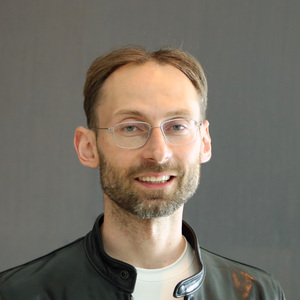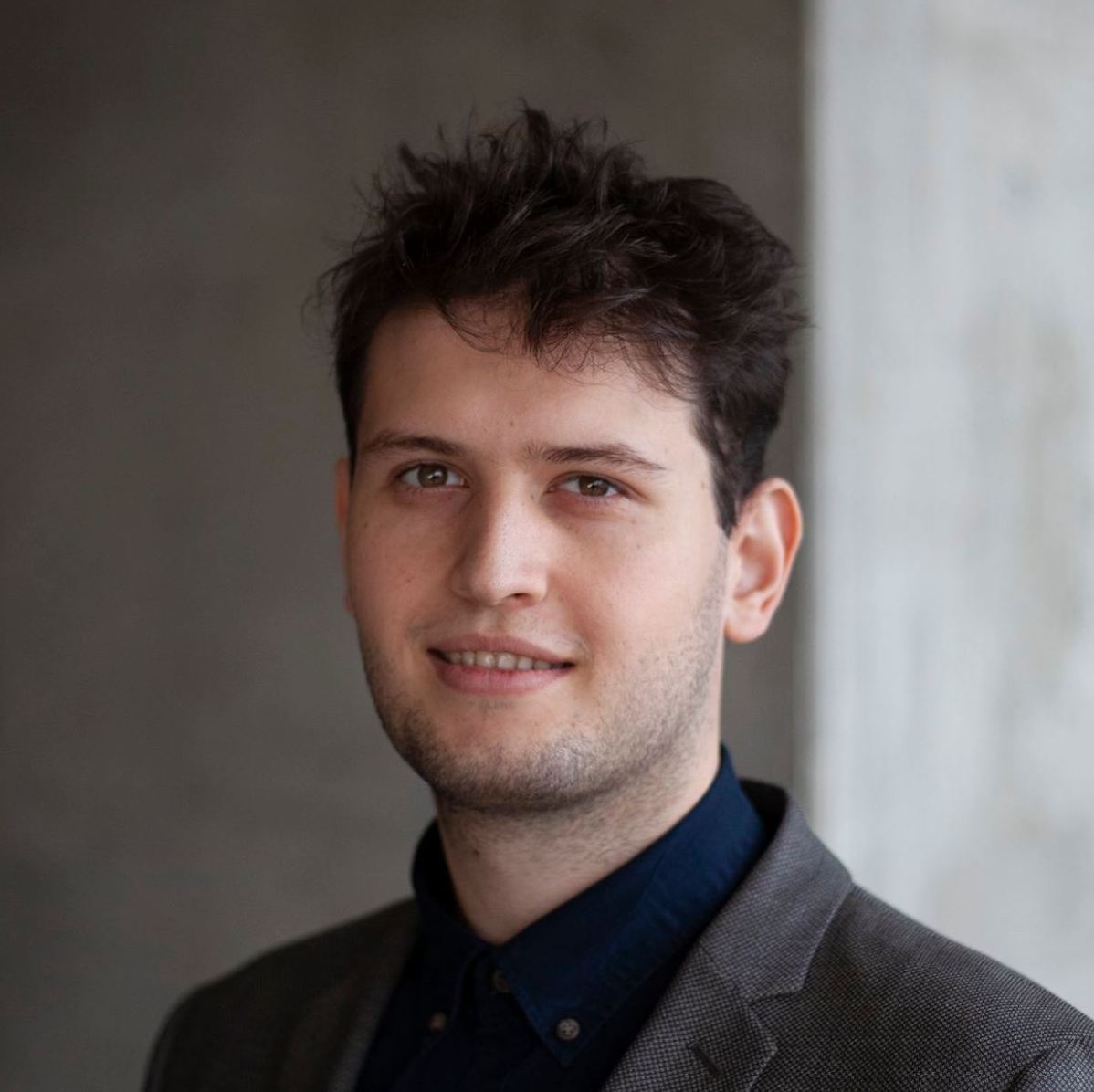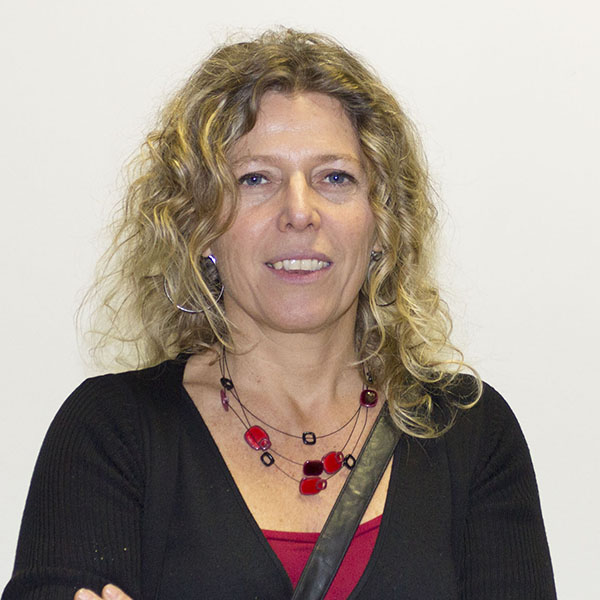
Geometric deep learning (GDL) is a very promising field targeting such a mathematical understanding. GDL proposes a unified approach to understand why diverse architectures, such as CNN, LSTM, Graph Neural Networks, Transformers, are so successful. The powerful underlying idea is that whenever the function to be approximated is invariant/equivariant by a group G of symmetries, G-invariance/equivariance should be encoded in the architecture. For instance, this is why CNNs, that implement a translational equivariance by weight sharing, work so well on image recognition, which is a naturally translation-equivariant task.
The First Italian School in Geometric Deep Learning is the first GDL intensive school located in Italy. This will foster a GDL community in Italy, with links to other European countries, and ultimately boost research in GDL.
A targeted, intensive course is the ideal setting to enable students to tackle GDL, a field that would otherwise require separate training in several diverse skills, ranging from group theory and differential geometry, to graph theory, probability and deep learning.
The intended audience includes graduate students in Computer Science, Mathematics, Physics and Statistics, as well as postdoctoral fellows and young researchers. Any quantitative-oriented student is welcome, and a list of prerequisites will be provided.
Where, When and hoW
- The school will take place in person at the University campus of Pescara, Italy, from 25th to 28th of July, 2022.
- Register here. The deadline for registration is 15th of June, but for organizing reasons we ask you to register as soon as possible.
- There is a registration fee of 100€ that can be paid only onsite, and no payment is required at registration time.
- Limited funding is available to partially support selected students. Please ask for support when registering.
Teachers

Michael Bronstein
University of Oxford & Twitter

Cristian Bodnar
University of Cambridge

Francesco Di Giovanni
Pim de Haan
University of Amsterdam & Qualcomm AI research

Maurice Weiler
University of Amsterdam
Organizers

Gianluca Amato
Università di Chieti-Pescara, Italy

Daniele Angella
Università degli Studi di Firenze, Italy

Claudia Ceci
Università di Chieti-Pescara, Italy
Rita Fioresi
Università di Bologna, Italy

Luigi Ippoliti
Università di Chieti-Pescara, Italy

Francesco Morandin
Università di Parma, Italy

Maurizio Parton
Università di Chieti-Pescara, Italy

Francesca Scozzari
Università di Chieti-Pescara, Italy
Schedule
| Mon, 25th July | Tue, 26th July | Wed, 27th July | Thu, 28th July | |
|---|---|---|---|---|
| 09:00–10:30 | Introduction to GDL (Michael Bronstein) [slides] |
Equivariant/steerable CNNs on Euclidean spaces and their generalization to Riemannian manifolds (coordinate independent CNNs), part II (Maurice Weiler) [slides] |
Curvature on graphs and graph rewiring (Francesco Di Giovanni) [slides] |
|
| 10:30–11:00 | Coffee break | Coffee break | Coffee break | |
| 11:00–12:30 | Topological Deep Learning Part 1: Topological Message Passing
(Cristian Bodnar) [slides] |
Gauge equivariant CNNs on meshes in practice with applications to the medical domain (Pim de Haan) [slides] |
An overview of GNNs as a dynamical system (Francesco Di Giovanni) [slides] |
|
| 12:30–14:00 | Lunch | Lunch | Lunch | |
| 14:00–15:30 | Registration | Topological Deep Learning Part 2: Sheaf Neural Networks (Cristian Bodnar) [slides] |
Hands-on session [colab notebook] | Hands-on session [colab notebook] |
| 15:30–17:00 | A quick review of prerequisites and basic notions needed in the lectures
[slides: group representations and equivariance] [slides: manifold and fiber bundles] |
Hands-on session [colab notebook] |
||
| 17:00–17:30 | Coffee break | Coffee break | Coffee break | Coffee break |
| 17:30–19:00 | A quick review of prerequisites and basic notions needed in the lectures
[slides: topology] [slides: categories] |
Equivariant/steerable CNNs on Euclidean spaces and their generalization to Riemannian manifolds (coordinate independent CNNs), part I (Maurice Weiler) [slides] |
Generalizations of equivariance from groups to groupoids, applied to graphs, meshes and point clouds (Pim de Haan) [slides] |
Future perspectives and open problems (Michael Bronstein) [slides] |
Applications are closed!
Registration closed on June 15th. If you registered before, you should have received on June 16th, 2022 a notification email about your acceptance. If not, please double check your spam folder. If you cannot still find it, please send an email to maurizio.parton@unich.it
School's Location
The school will take place in the University campus of Chieti–Pescara, at viale Pindaro 42, Pescara.Places to eat
Places to eat in Pescara.Reaching Pescara
Pescara has a small airport, Abruzzo Airport, very close to downtown. If traveling directly to Abruzzo Airport is not an option (very likely!), consider going through Rome Fiumicino Airport. From there, there are many bus connections (3h30m–4h travel time), with either Prontobus or Di Carlo Bus.
Another option is landing in Rome Ciampino Airport: from there you can find bus connections to Pescara with Prontobus (3h–3h30m travel time). If you are in Rome but not at the airport, in addition to Prontobus and Di Carlo Bus, you may consider Flixbus and Arpa-Di Febo-Capuani-Di Fonzo buses.
Technically you could reach Pescara by train, with trains departing from Rome Tiburtina station. However, trains on the line Rome–Pescara are quite slow. On the bright side, the trip by train is interesting since trains pass trough many small rural villages in the innermost part of Italy. If you have time to spare (and no work to do... probably no Internet connection there) it could be an alternative.
If you are in Italy everywhere else, you can reach Pescara by bus with Flixbus or by train.
Accomodations
This is a list of hotels in downtown Pescara or near the place of the workshop.
Location: center of Pescara, at the seafront (the workshop place can be reached by bus in 15 minutes)
Location: center of Pescara (the workshop place can be reached by bus in 15 minutes)
Location: center of Pescara (the workshop place can be reached by bus in 15 minutes)
Location: close to the university, at the seafront (the workshop place can be reached on foot in 15 minutes)
Location: at the seafront (the workshop place can be reached on foot in 15 minutes)


